South Korea plans to build the world's largest chip manufacturing cluster in Kyunggi Province by investing about $470 billion over the next 23 years in a large-scale chip manufacturing cluster, in partnership with major electronics companies Samsung Electronics and SK Hynix.
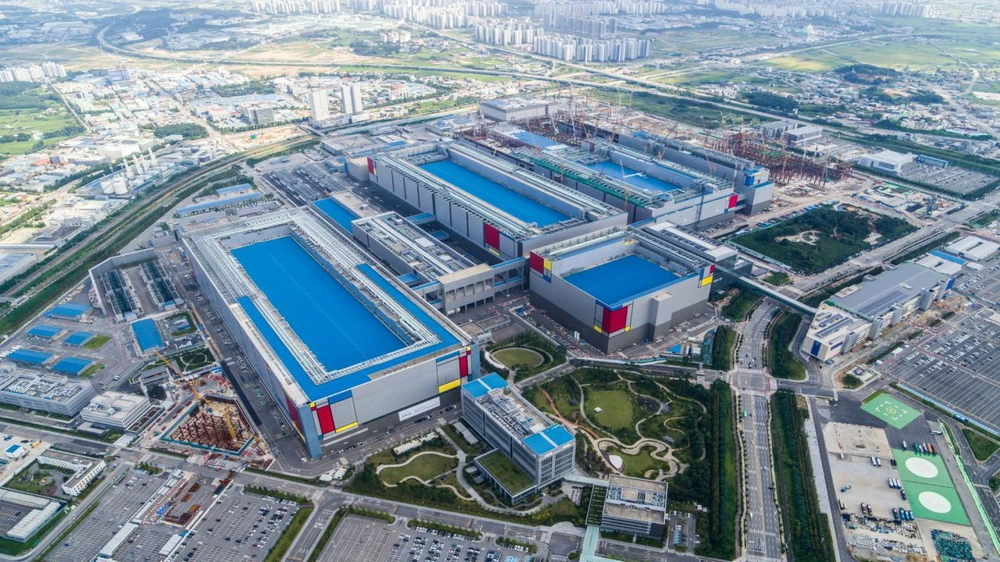
To support the plan, the South Korean government has proposed measures including tax incentives for investment and initiatives to boost competitiveness. South Korea aims to increase its self-sufficiency in raw materials, components and equipment essential for chip production to 50% by 2030. The country currently dominates the production of DRAM and NAND memory chips used to manage and store data in PCs, smartphones and SD cards, with a global market share of over 60%. South Korea aims to increase its market share of other chips and processors. Samsung is also looking to overtake Taiwan Semiconductor Manufacturing Co. (TSMC) as the world's leading manufacturer of wafers, thin disks made of semiconductor materials, mainly silicon, that serve as the base for chip clusters. South Korean President Yoon Suk-yeol said the ambitious mega-industry cluster is expected to create nearly 3.5 million jobs. To achieve this, he stressed the need to expand nuclear power to meet the energy needs of the semiconductor industry.
South Korea’s chip cluster includes various industrial parks in Kyunggi Province, covering a total area of 21,000 hectares, equivalent to nearly 30,000 soccer fields. By 2047, the plan calls for 16 more chip manufacturing facilities to complement the existing 19. Initially, three chip factories and two chip research institutes are expected to be completed by 2027.
Samsung and SK Hynix plan to produce 7.1 million wafers per month by 2030, according to the Ministry of Industry and Trade. Samsung Electronics plans to invest 500 trillion won ($375 billion) in the cluster, allocating 360 trillion won to six new manufacturing facilities in Yongin, 33 kilometers south of Seoul. In addition, Samsung will use 120 trillion won to build three new factories at the Pyeongtaek manufacturing complex, 54 kilometers south of Seoul, along with three research institutes in Giheung. SK Hynix will contribute 122 trillion won to build four new factories in Yongin. In 2023, South Korea exported $129 billion worth of semiconductors, accounting for about 19 percent of the country's total exports. A reduction in the country’s chip production would hit the South Korean economy hard. The United States is also rushing to set up chip manufacturing facilities with $52.7 billion in subsidies.
At the same time, China is promoting the development of its domestic semiconductor industry after the US severely restricted semiconductor exports. Japan is not standing still, with a chip factory complex jointly built by TSMC and Sony on the island of Kyushu. Thanks to a special license for indefinite periods, Korean manufacturers have so far been exempted from US import restrictions and allowed to export equipment and machinery to China. This has benefited Samsung and SK Hynix's NAND memory chip factories in China.
HUY QUOC
Source







![[Photo] Closing of the 11th Conference of the 13th Central Committee of the Communist Party of Vietnam](https://vstatic.vietnam.vn/vietnam/resource/IMAGE/2025/4/12/114b57fe6e9b4814a5ddfacf6dfe5b7f)


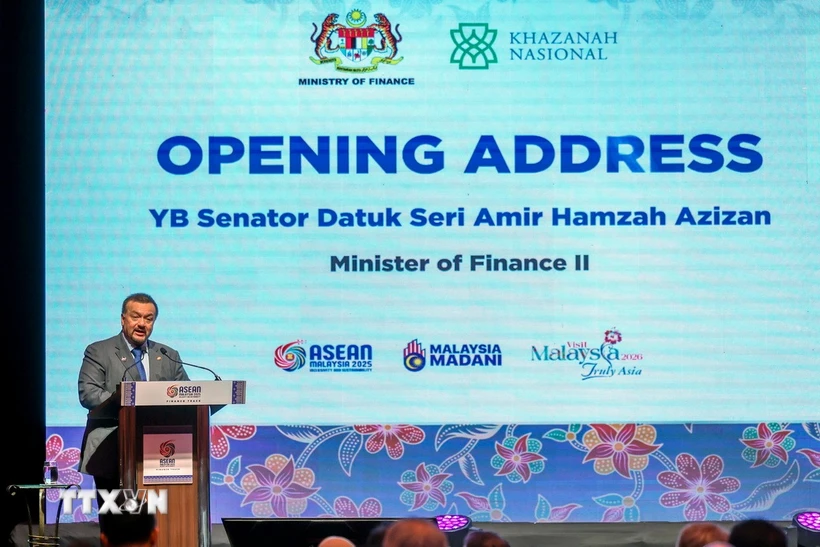
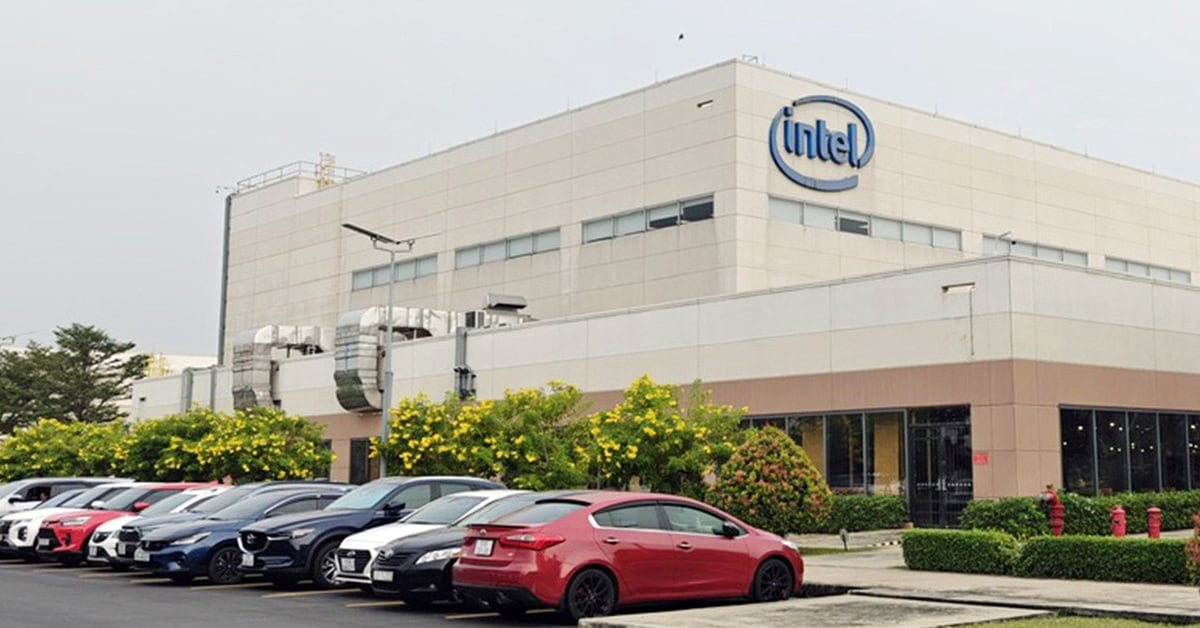


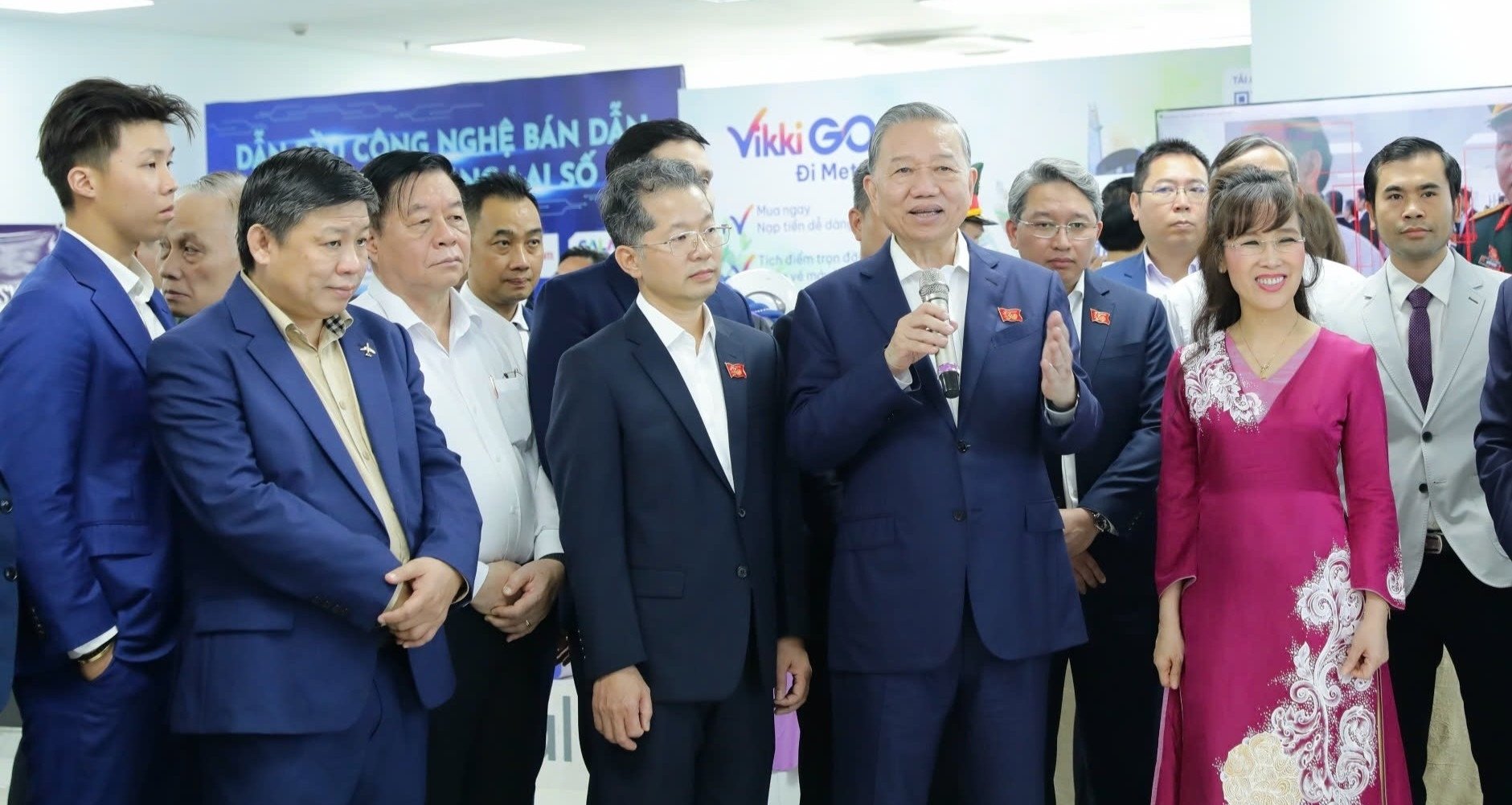



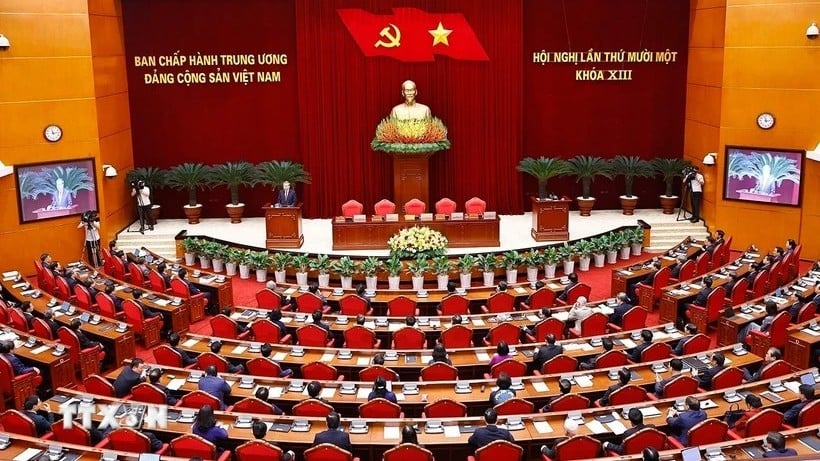








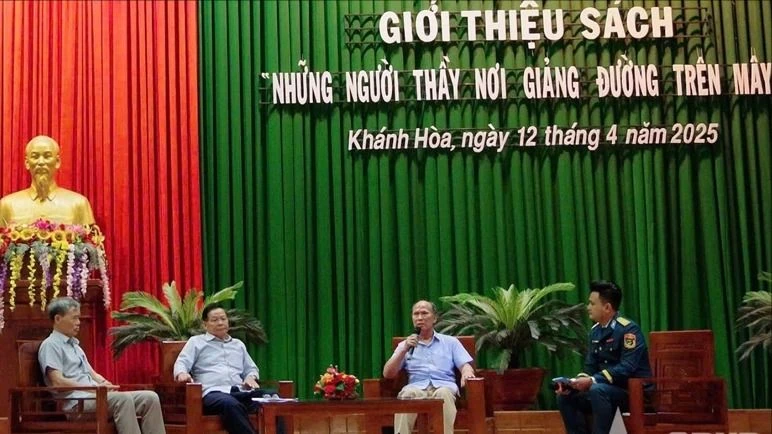





![[Photo] Overcoming all difficulties, speeding up construction progress of Hoa Binh Hydropower Plant Expansion Project](https://vstatic.vietnam.vn/vietnam/resource/IMAGE/2025/4/12/bff04b551e98484c84d74c8faa3526e0)






























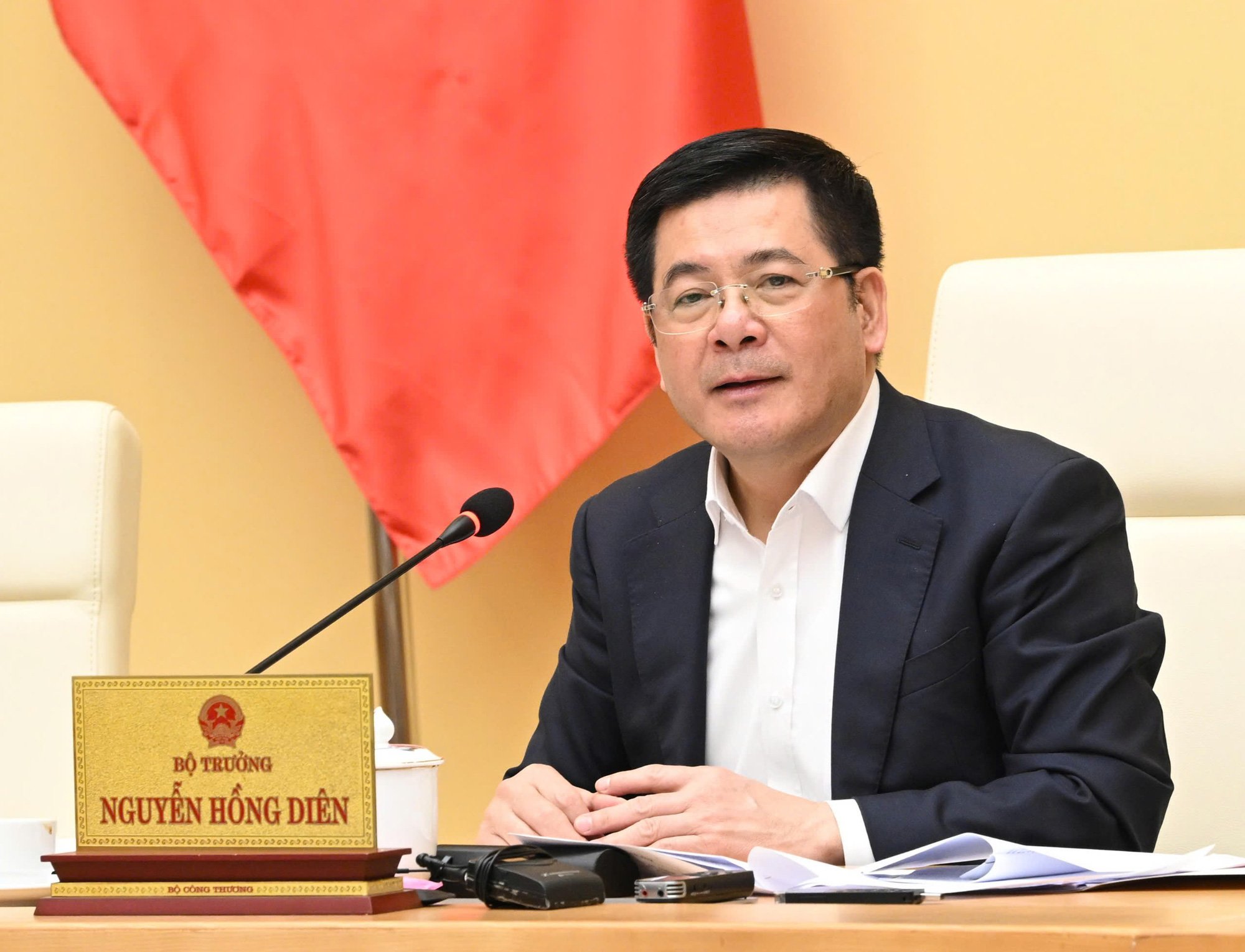
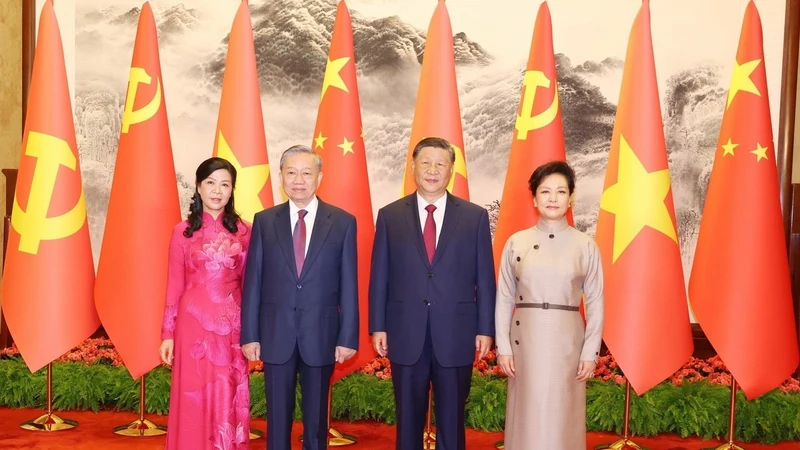













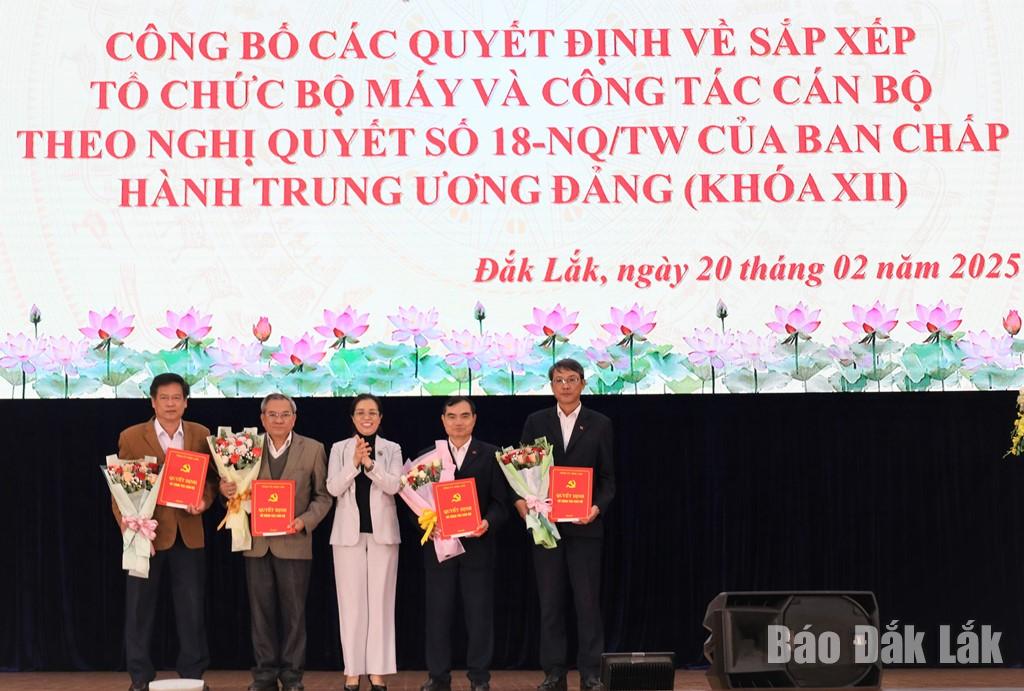














Comment (0)